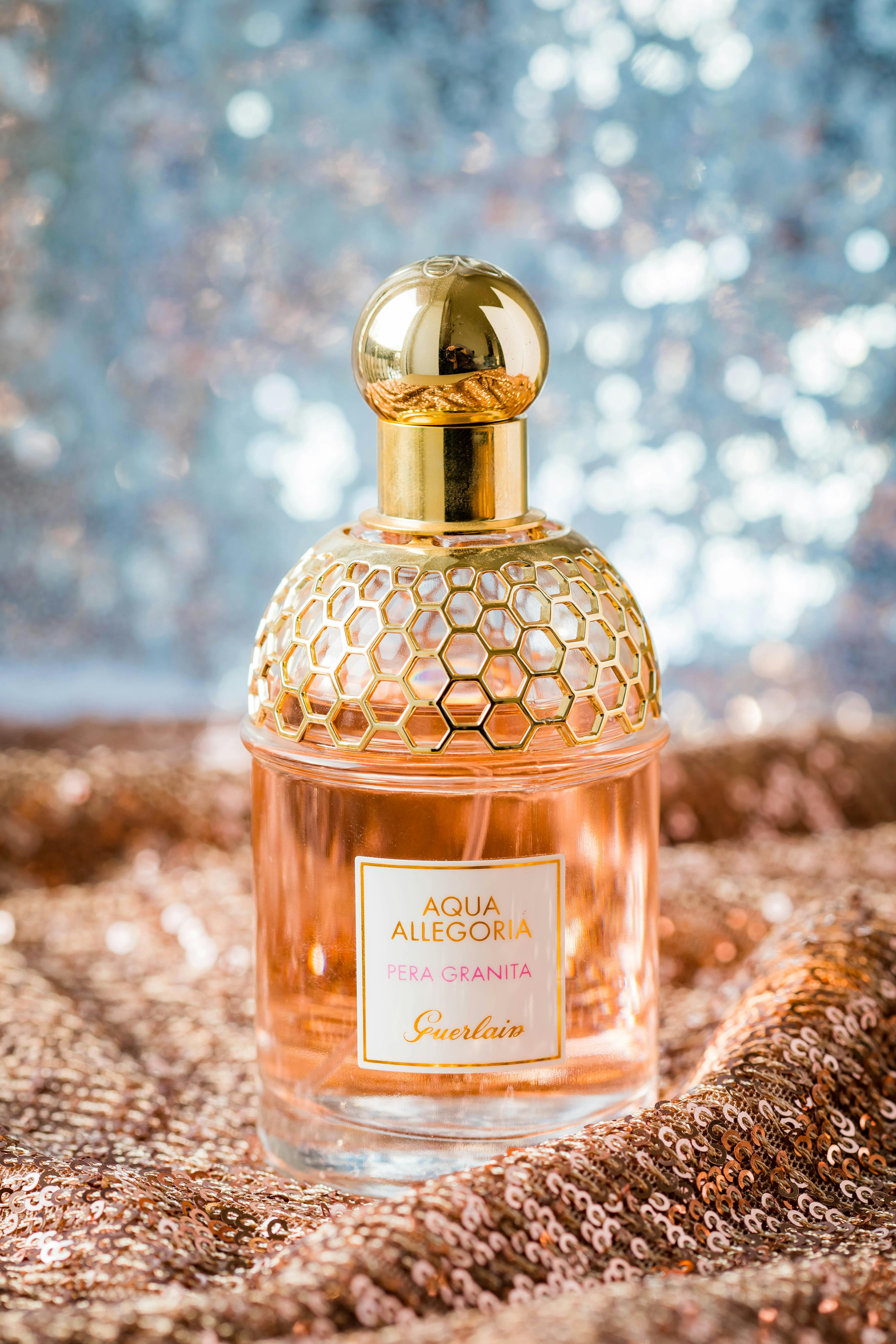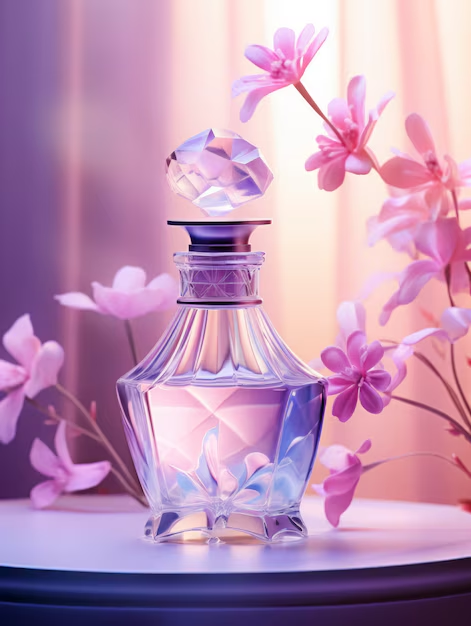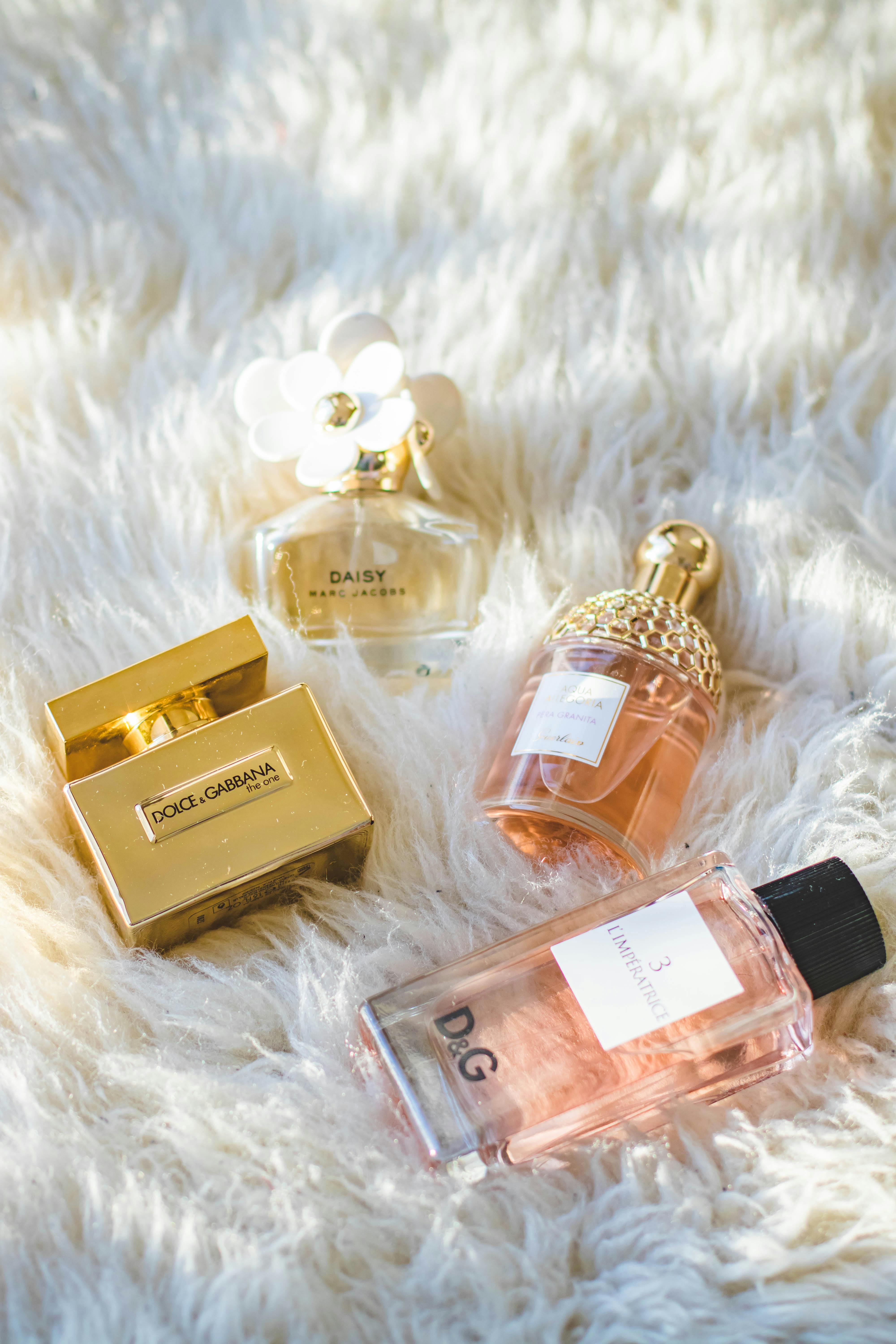
WARM PERFUME- WELCOME TO MILD SMELL STORES

HARD PERFUME- WELCOME TO COLDEST STORES

HEAVY SMELLED PERFUME- WELCOME TO HARD & STRONGEST STORES
About us
Perfumes can be defined as substances that emit and diffuse a pleasant and fragrant odor. They consist of manmade mixtures of aromatic chemicals and essential oils. The 1939 Nobel Laureate for Chemistry, Leopold Ružička stated in 1945 that "right from the earliest days of scientific chemistry up to the present time, perfumes have substantially contributed to the development of organic chemistry as regards methods, systematic classification, and theory."[2] Ancient texts and archaeological excavations show the use of perfumes in some of the earliest human civilizations. Modern perfumery began in the late 19th century with the commercial synthesis of aroma compounds such as vanillin or coumarin, which allowed for the composition of perfumes with smells previously unattainable solely from natural aromatics.
contact us
8220360586
sadhamsweety3@gmail.com
Disclaimer: Recipes of perfumes from the monks of Santa Maria Delle Vigne or Santa Maria Novella of Florence, Italy, were recorded from 1221.[17] In the east, the Hungarians produced around 1370 a perfume made of scented oils blended in an alcohol solution – best known as Hungary Water – at the behest of Queen Elizabeth of Hungary.[18][19][20] The art of perfumery prospered in Renaissance Italy, and in the 16th century the personal perfumer to Catherine de' Medici (1519–1589), René the Florentine (Renato il fiorentino), took Italian refinements to France. His laboratory was connected with her apartments by a secret passageway, so that no formulae could be stolen en route. Thanks to Rene, France quickly became one of the European centers of perfume and cosmetics manufacture. Cultivation of flowers for their perfume essence, which had begun in the 14th century, grew into a major industry in the south of France.